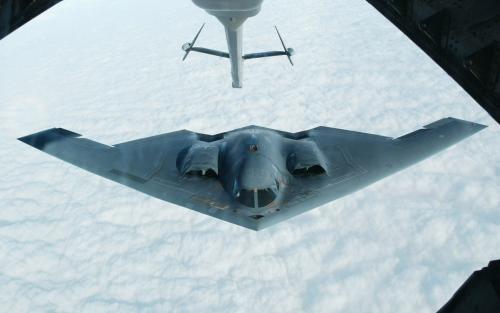A Brookings panel of experts today painted a sober picture of the situation in Iraq, and discussed ways to expedite and improve reconstruction efforts, assure peaceful and representative elections, and suppress the worsening insurgency.
Panelists agreed that the elections slated for January should be postponed until it was clear that they could be conducted successfully and legitimately.
“I am concerned that the elections can’t come off because of the current security environment,” Brookings Senior Fellow Kenneth M. Pollack said. “I just don’t see how that’s going to happen.”
Brookings Senior Fellow Michael O’Hanlon, who compiles a weekly statistical Iraq Index, said that “the security situation is not good.” He presented data indicating that crime and murder rates are up in Iraq, as well as Iraqi civilian casualties. O’Hanlon also said that the best information available suggests that the number of Iraqi citizens actively resisting the U.S.-led occupation has increased four times (to 20,000) since one year ago. “Our presence is necessary,” O’Hanlon said, “but it’s also part of the problem.”
To help improve the situation on the ground, Brookings Visiting Fellow Peter Khalil said that additional Iraqi security forces were needed, but he reminded the audience that “it’s quality, not quantity.” Khalil, who previously served as the Coalition Provisional Authority’s director of national security policy, and who recently returned from a trip to Iraq, said that troops should be specifically trained to combat insurgents.
“The police are not capable of defeating an insurgency,” Khalil said. “Even our police [in the U.S.] would have a hard time dealing with what they’re dealing with?What is needed are high-end international security forces, specialized police forces, and rapid response units specifically trained in counterinsurgency operations.”
Panelists agreed that one of the most dangerous side-effects of the ongoing violence and instability in Iraq is its negative effect on citizen morale. Low morale, panelists said, pushes more citizens into the ranks of Iraqi insurgents and threatens the legitimacy of the interim Iraqi government.
Raad Alkadiri, director of PFC Energy’s Markets and Countries Group and former aide to the U.K. Special Representatives to Iraq, was less worried about the specific timing of the elections and more concerned about whether the transitional Iraqi government elected in January could successfully perform its primary function: the drafting of a permanent Iraqi constitution.
“It has to deal with all of the issues that have dogged Iraq for years,” Alkadiri said. “To do that, you need the broadest legitimacy possible to be able to come up with the compromises necessary to result in a lasting document that can be the foundation for stability in this country. Otherwise you get a document that is regarded as illegitimate, no matter how good the principles of it are.”
In response to a question about how elections could improve security, governance, and the economy, Alkadiri said, “It’s the other way around: How can those things assure good elections?”
Pollack took exception with the statements of some Bush administration officials suggesting that an election should still be held in January even if the security situation prevented some Iraqis from voting. Pollack said that partial participation in an election for a parliamentary-style government could be “potentially disastrous.”
“It will reinforce all of Iraq’s worst features,” Pollack said. “It forces parties to the extremes?and breaks down compromise.”
Khalil said that the key to gaining the support of Iraqi citizens wasn’t, contrary to the opinions of many experts, a matter of “hearts and minds,” but rather “stomachs and pockets.”
“Iraqis are very pragmatic people,” Khalil said. “If you’ve got bread in your belly and coins jingling in your pocket from employment, it’s going to go a long way to making sure that the vast amount of Iraqis don’t join the insurgency.”
With the panel discussion following on the heels of the third and final presidential debate, it was hard for panelists not to consider the effects of the presidential race’s outcome on U.S. policy in Iraq.
“Both candidates are committed to success,” O’Hanlon said. “For either Bush or Kerry, it’s not about cutting and running. More likely it’s about training the Iraqi security forces well enough so that they can continue the war after we’re gone.”
“There’s obviously a reluctance around the world to help Bush out,” said Brookings Senior Fellow James B. Steinberg. “But there will be a reluctance to help Kerry out, too. There’s no great enthusiasm among Europeans to play a significant role.”
The Brookings Institution is committed to quality, independence, and impact.
We are supported by a diverse array of funders. In line with our values and policies, each Brookings publication represents the sole views of its author(s).



Commentary
Op-edEvent Summary: The Prospects for Peace, Reconstruction, and the January Elections
October 14, 2004